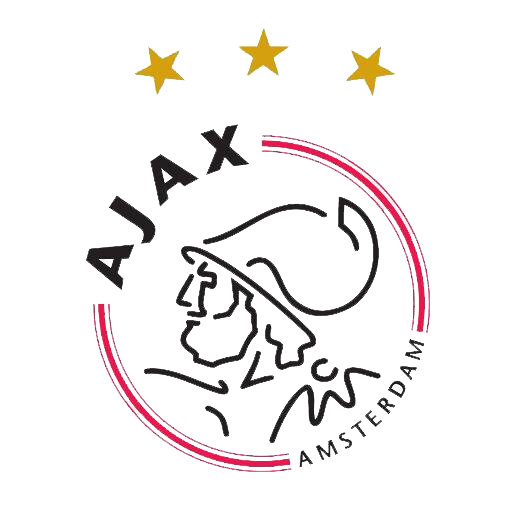Football- Based Education programmes – #Morethanfootball
EFDN strongly believes in the power of football for development programmes to provide people from different backgrounds with the skills and resources to actively make a difference in their own lives, and the lives of those in their community. Among others, football can enhance individual development and self-confidence.
The #Morethanfootball Action Weeks have dedicated the 27th of March to educational community and social responsibility programmes. In order to shine light on the power of football-based education programmes, today EFDN presents the One Goal for Education programme, including the Practitioner’s Guide.
One Goal for Education – a Football-based Education Programme
The One Goal for Education project is an 18-month long programme coordinated by EFDN that followed ten football clubs/foundations (Tottenham Hotspur Foundation, Manchester United Foundation, Fulham Football Club Foundation, Rangers Charity Foundation, Greenock Morton Community Trust, Links Park Community Trust, Feyenoord Foundation, N.E.C. Nijmegen Foundation, Mifalot and KAA Gent Foundation) who are engaged in education-specific community programmes.
The project aimed to use the motivation of football to empower and engage young people in Europe between the ages of 8 and 15 that have a low self-esteem and/or self-confidence and that are struggling within formal education environments. The One Goal for Education programme facilitated common links and relationships between these football clubs, which created a platform for the clubs to engage and share their knowledge about education programmes on a European level. As a result, the programme had a direct impact on the lives of one thousand young people across five countries and highlighted the ability for football to be used to engage young people in learning programmes in a meaningful way.
Download the Practitioner’s Guide and start your own programme
The examples of each of the ten One Goal for Education partner programmes are highlighted throughout this Practitioner’s Guide, to provide you with ideas and examples of how you can implement a similar education programme at your club.
The guide aims to inspire clubs to utilise the power of their brand in the community and its inherent ability to attract young people to participate in club affiliated events and engage them in educational activities. The club can leverage its brand and respective wealth of intellectual property and resources, collectively with the information in this practitioner’s guide, to build relationships within the education and community sector to support and compliment the delivery of their education programmes.


Aris Limassol FC Social, Environmental, and Health Initiatives






